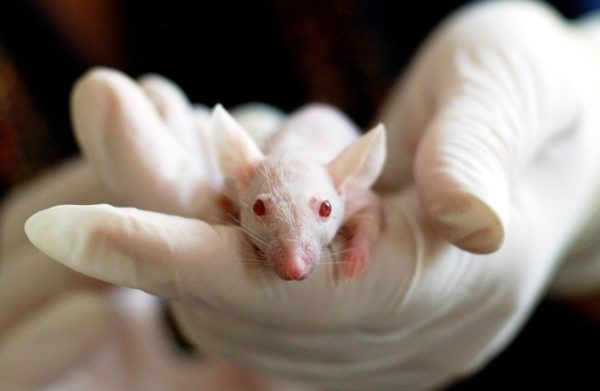
An experimental vaccine successfully eliminated aging cells from the bodies of mice, helping to prolong the rodents’ lives and reverse some signs of age-related disease. The researchers say the experiment is a step on the road to a similar vaccine for humans, but could it really work?
“I think the data was extremely strong … I think it’s a really good proof-of-principle,” Paul Robbins, a professor of biochemistry, molecular biology and biophysics and an associate director of the Institute on the Biology of Aging and Metabolism at the University of Minnesota, said of the mouse study. In theory, the same approach would work in humans. But the big question is whether that vaccine would be safe in humans, Robbins, who was not involved in the research, told Live Science. To figure that out, the researchers would need to conduct additional studies in animals, including non-human primates, and thorough safety trials in human patients.
The new vaccine targets senescent cells, which are cells that have stopped multiplying due to damage or stress, but don’t die when they should, according to the National Institute on Aging (NIA). These cells accumulate as we age, as the immune system becomes less efficient at clearing such cells from the body. Senescent cells release compounds that trigger inflammation and thus damage nearby healthy cells. And evidence suggests that this buildup of senescent cells contributes to a slew of age-related diseases, including cancer, Alzheimer’s and atherosclerosis, a disease where plaque builds up in the arteries.

